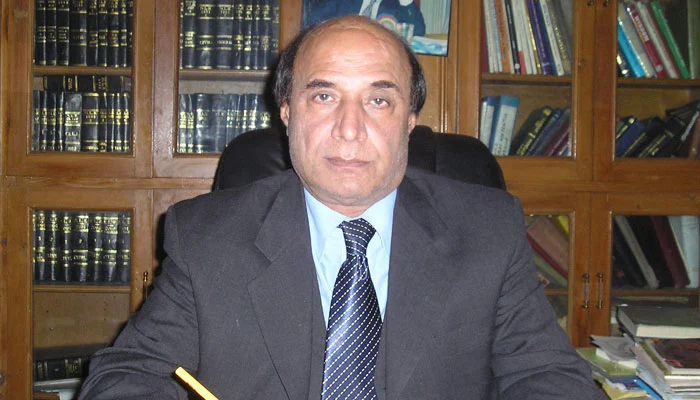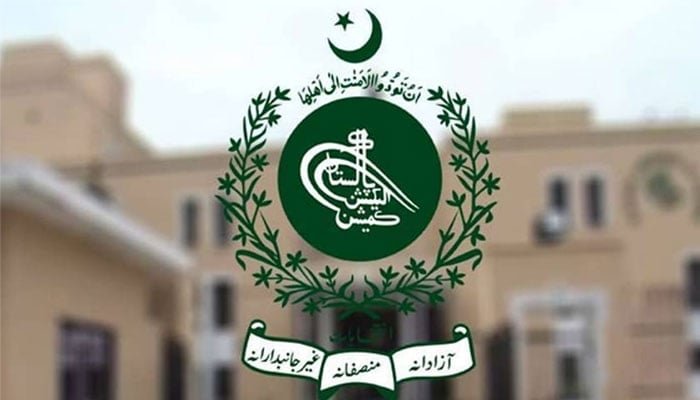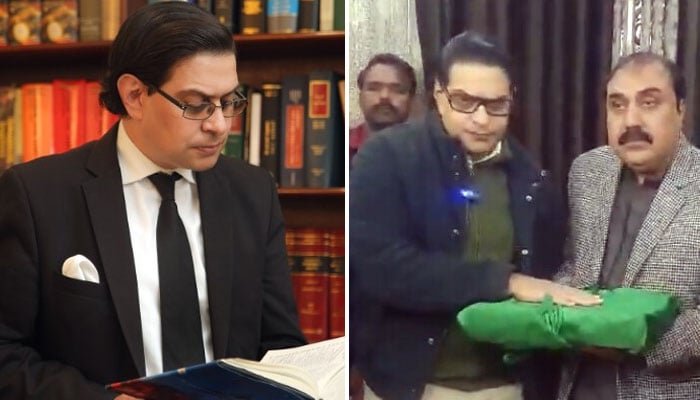In a dramatic turn of events, Sardar Latif Khosa, the legal representative of Pakistan Tehreek-e-Insaf (PTI) Chairman Imran Khan, has accused officials of the National Accountability Bureau (NAB) of dishonesty. Speaking to the media outside Adiala Jail in Rawalpindi, Khosa asserted that NAB personnel are so untruthful that they have manufactured false dates in the context of the ongoing legal proceedings.
Khosa further stated that the Islamabad High Court has halted the jail trial in the Saaf Pani case, highlighting what he deems as a significant intervention by the judiciary. The lawyer’s remarks shed light on the contentious relationship between Imran Khan’s legal team and the accountability watchdog.
During the media interaction, Sardar Latif Khosa expressed his concerns about the jail trial, emphasizing that it should not only be transparent but should also adhere to principles of justice. He argued that jail trials are inherently contradictory to basic human rights, particularly when cases are based on allegations of misconduct.
The PTI Chairman’s lawyer went on to underscore the need for justice to prevail, stating that the focus should be on a fair trial rather than a trial conducted within the confines of a jail. He critiqued the fundamental flaws in the proceedings, asserting that cases rooted in allegations of impropriety and misconduct compromise the dignity of the accused.
Sardar Latif Khosa’s remarks also touched upon the novelty of judicial proceedings being conducted within prison premises. He noted that historically, the accused used to appear before the courts, whereas now, the courts are making their way to the accused. This shift in the legal landscape, as highlighted by Imran Khan’s legal representative, raises questions about the evolving dynamics of justice delivery in Pakistan.
The accusation of falsehood directed at NAB officials by Imran Khan’s lawyer adds another layer of complexity to the ongoing legal saga. The PTI Chairman has consistently maintained his innocence in the face of allegations, and his legal team continues to challenge the legitimacy of the proceedings.
The intervention of the Islamabad High Court in halting the jail trial, as claimed by Sardar Latif Khosa, brings the judiciary into the spotlight, underscoring its role in shaping the contours of the legal battle. The legal developments surrounding Imran Khan, a prominent political figure, are closely watched, and each twist in the narrative contributes to the broader discourse on accountability and transparency in Pakistan’s political landscape.
As the legal proceedings unfold, the clash between Imran Khan’s legal team and NAB officials highlights the tensions inherent in high-profile corruption cases. The outcome of this legal battle will not only impact the fate of Imran Khan but will also have repercussions on the broader narrative of accountability in Pakistani politics.



